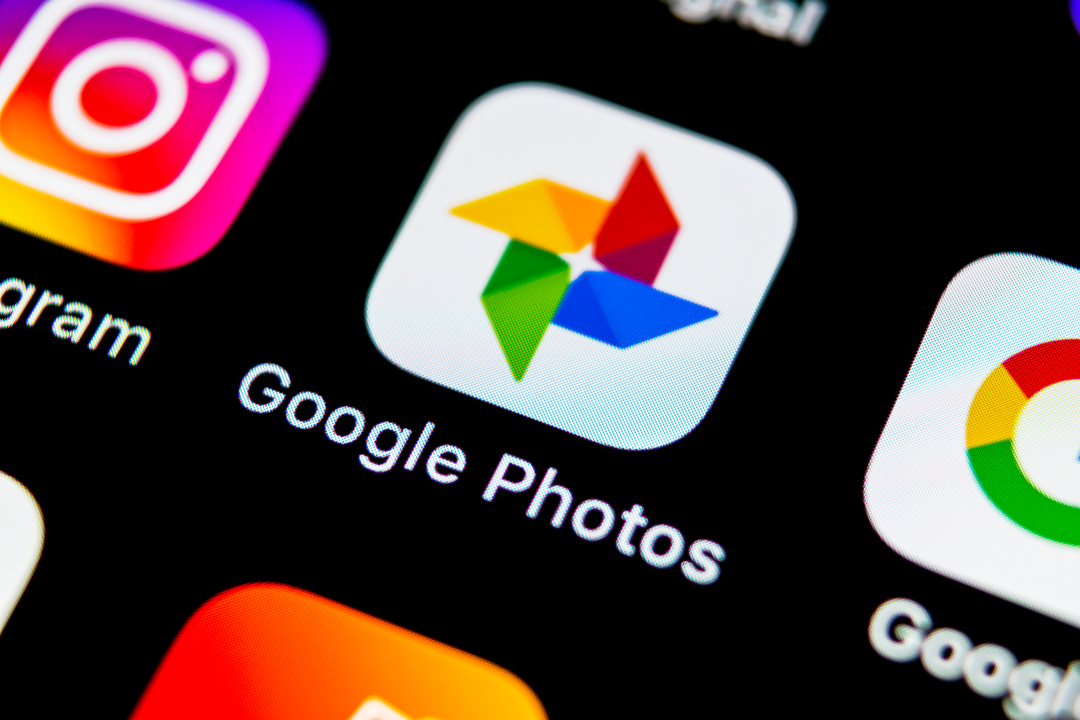Google Photos just got a great free upgrade on Android and iPhone
The new photo filters are rolling out now on Android, iPhone and on the web, too.


It's been a good year so far for Google Photos, which keeps getting great free upgrades that add neat new features. And another one has just dropped.
The latest upgrade, announced on the official Google Photos Twitter account, will make a big difference to photos of people – and it's rolling out right now to everybody who uses Google Photos on Android phones, on iPhones or on the Google Photos website.
The upgrade brings new Real Tone filters to your Google Photos filter collection, and the new ones are clearly marked with "Made With Real Tone", as in the screenshot above. If you've found your filters a little unpredictable or disappointing with certain skin tones, the new filters should fix that for you.

What are Google Photos Real Tone filters?
Real Tone filters are based on something called the Monk Skin Tone Scale, an open source library Google hopes will solve an ongoing problem with computer and smartphone imaging: many imaging apps work brilliantly with white skin but don't cope so well with darker skin tones. One of the most famous examples of that was HP's supposedly racist webcam back on 2009: its face tracking software didn't work for many Black people. The problem turned out to be with its processing in some lighting scenarios rather than any inherent racial bias, but systems such as automatic facial recognition may misidentify Black people five to ten times more often than they do white people.
Of course, disappointing photo filter results aren't as big a deal as facial recognition failing to recognise you or thinking you're someone you're not. But Google's photo filters are just a happy spin-off from the more serious project of ensuring that computer vision technology works for all people, not just white people. As Google rightly says, that requires intentional changes to make systems more inclusive from the data they're based on to the algorithms they use – and the more we rely on computers to see and process the world, the more important that inclusivity becomes.
Get all the latest news, reviews, deals and buying guides on gorgeous tech, home and active products from the T3 experts
Writer, musician and broadcaster Carrie Marshall has been covering technology since 1998 and is particularly interested in how tech can help us live our best lives. Her CV is a who’s who of magazines, newspapers, websites and radio programmes ranging from T3, Techradar and MacFormat to the BBC, Sunday Post and People’s Friend. Carrie has written more than a dozen books, ghost-wrote two more and co-wrote seven more books and a Radio 2 documentary series; her memoir, Carrie Kills A Man, was shortlisted for the British Book Awards. When she’s not scribbling, Carrie is the singer in Glaswegian rock band Unquiet Mind (unquietmindmusic).
